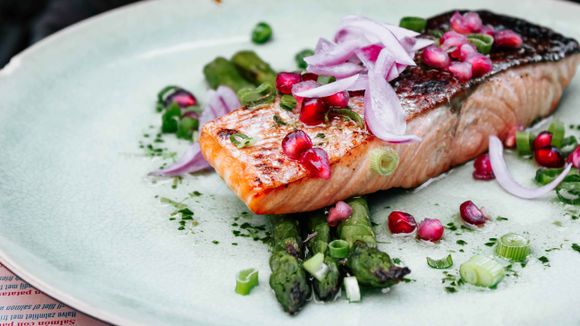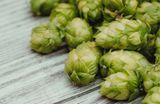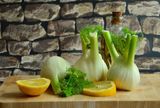What are the benefits of vitamin E
Vitamin E is a fat-soluble antioxidant in many foods. It supports the immune system, helps maintain healthy blood vessels and plays a role in gene expression and cell signaling. In fact, vitamin E is a term used to describe 8 different fat-soluble tocopherols and tocotrienols, with alpha-tocopherol being the most biologically active. [ref. 1]
Vitamin E acts as an antioxidant, protecting cell membranes from oxidative damage. Currently, antioxidant effects are being studied for use in the treatment of diseases causing bone loss, cardiovascular disease, diabetes mellitus and associated concomitant diseases, eye diseases, inflammatory diseases (including skin conditions), lipid disorders, neurological diseases and radiation damage. [Ref. 2]
Many foods provide vitamin E. Nuts, seeds and vegetable oils are among the best sources of alpha-tocopherol, and significant amounts are available in green leafy vegetables and fortified cereals. In the following list you will find the various plant and animal foods high in vitamin E to include in your diet.
Foods high in vitamin E
Animal foods high in vitamin E
- Goose meat - 16% percentage daily value per serving (DV)
- Atlantic salmon - 14% daily value per serving
- Rainbow trout - 13% daily value per serving
- Octopus - 7% daily value per serving
- Cod (dried) — 5% percentage daily value per serving
Vegetable foods high in vitamin E
- Wheat germ oil - 135% DV per serving
- Sunflower seeds - 66% DV per serving
- Almonds - 48% DV per serving
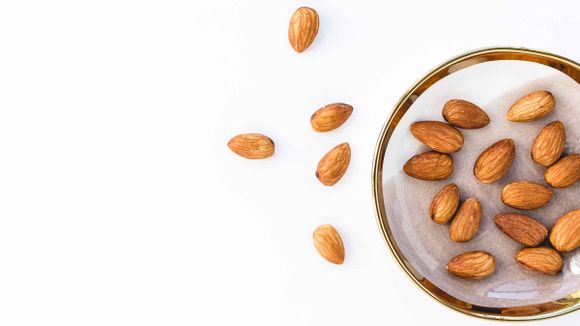
- Hazelnut oil - 43% DV per serving
- Sunflower oil - 37% DV per serving
- Almond oil - 36% DV per serving
- Hazelnuts - 28% DV per serving
- Pine nuts - 18% DV per serving
- Peanuts - 16% DV per serving
- Avocado - 14% DV per serving
- Paprika (raw) — 13% DV per serving
- Brazilian nuts - 11% DV per serving
- Mango - 10% DV per serving
- Green turnips (raw) — 10% DV per serving
- Kiwi - 7% DV per serving
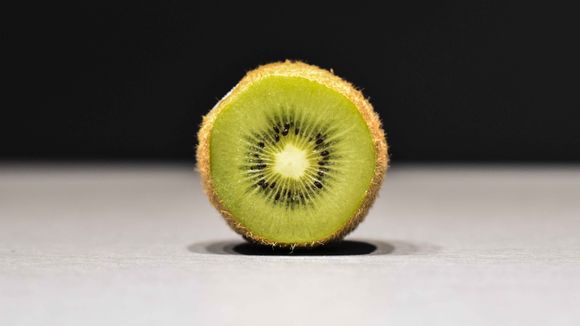
Cooking oils high in vitamin E
Besides wheat germ oil, hazelnut, sunflower and almond oil, other oils also provide good amounts of vitamin E. These are safflower oil (31% DV), rice bran oil (29% DV), grape seed oil (26% DV).
How much vitamin E do I need?
According to your age, the amount of daily vitamin E varies (as well as for pregnant women), as follows:
- 19 years and older: 15 (mg/day), but not more than 1000 mg/day
- During pregnancy: 15 (mg/day), but not more than 1000 mg/day
- During lactation: 19 (mg/day), but not more than 1000 mg/day
Should you take a vitamin E supplement?
It is not necessary unless you have proven vitamin E deficiency.
Most people can get enough vitamin E through the huge selection of foods that contain it. Vitamin E is a fat-soluble vitamin, which means our body can store it in the liver to use it for situation where we might get less vitamin E than usual. [ref. 3]
People who may have trouble getting enough vitamin E are those who are on very low-fat diets or who have health problems that make it difficult to digest fat.
If you eat a variety of foods rich in antioxidants, such as vegetables, fruits, whole-grains and moderate amounts of unsaturated fats from vegetable oils, fish, nuts and seeds, you should provide yourself with a healthy amount of vitamin E every day.
